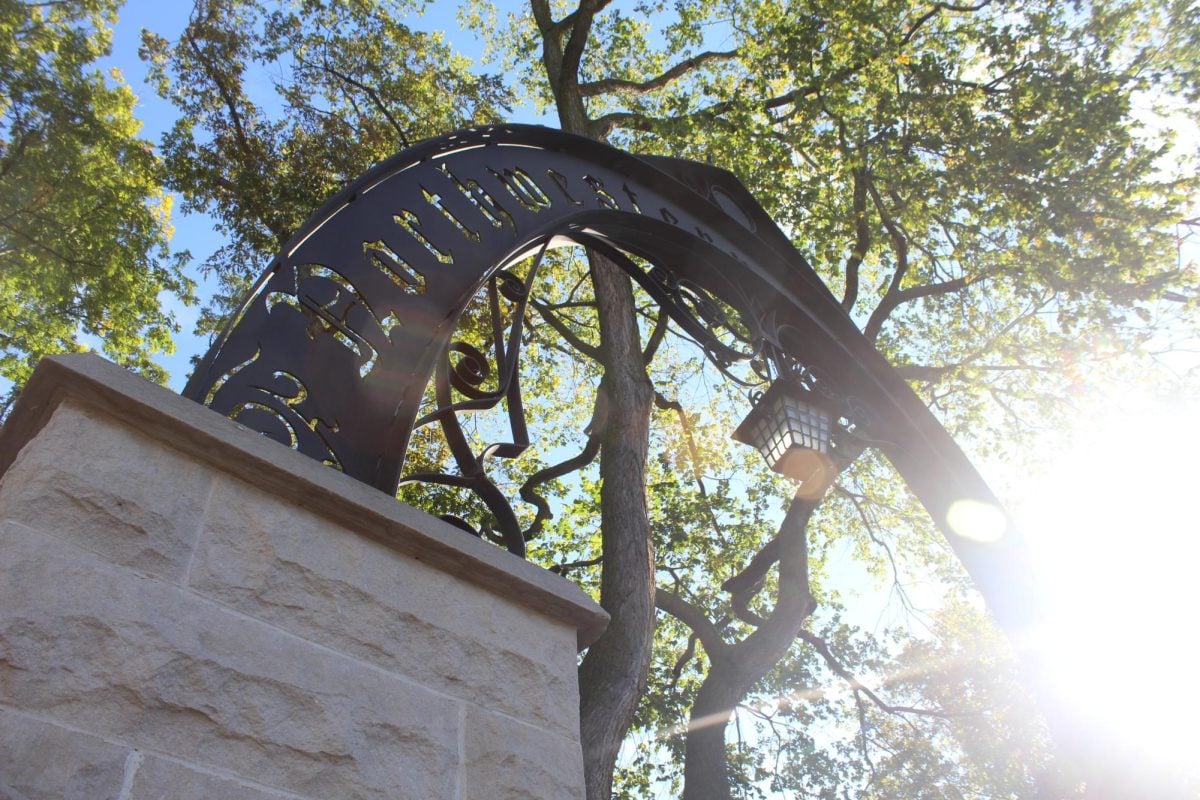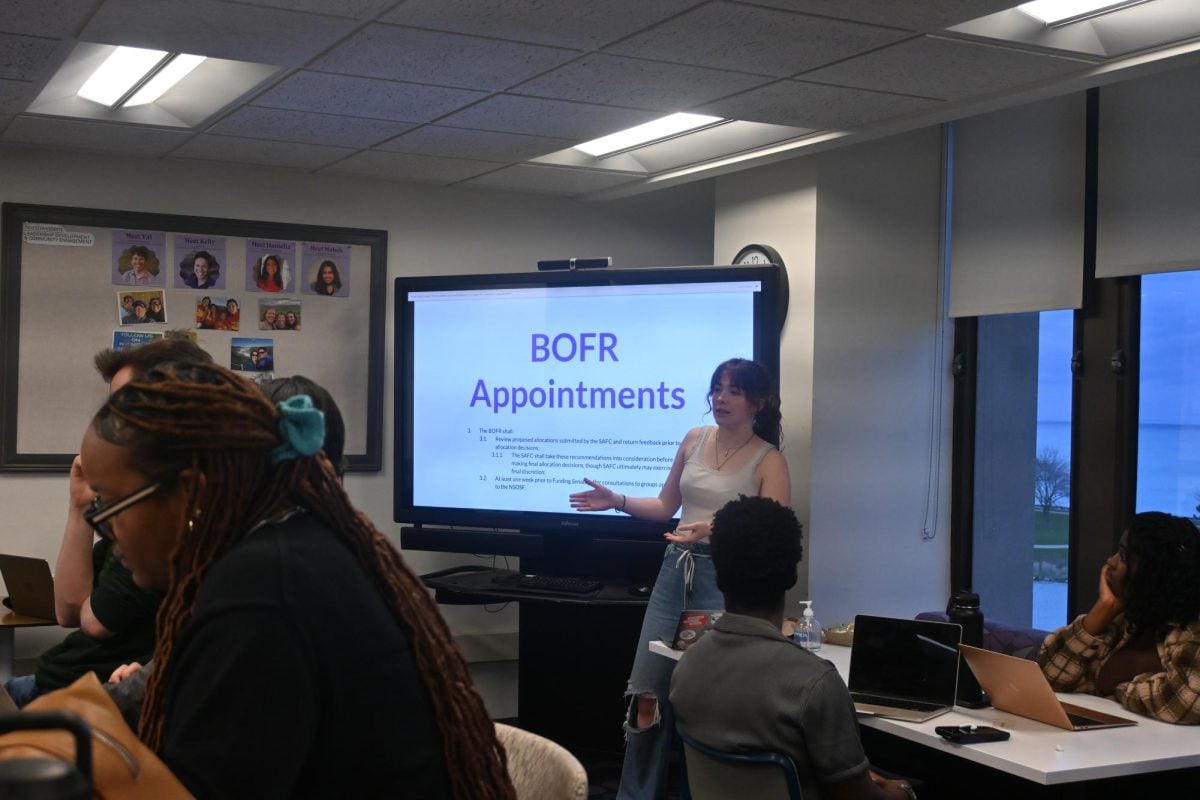Chad Enderle has been locked up in the Iowa State Penitentiary since 2003 for a murder he says he did not commit.
In June 2013, the Medill Justice Project decided to investigate the case, bringing newfound scrutiny to both Enderle’s conviction and the use of forensic evidence in the courtroom.
Greg Harris of Davenport, Iowa, was murdered March 2003 in his living room. Along with a bloodied walking stick, which was believed to be the primary murder weapon, a fingerprint thought to be made in blood was discovered on a cellophane cigarette box wrapper found at the scene. The print was used to identify Enderle, who was 29 at the time, as a suspect in the murder.
But the students working for the Medill Justice Project, an investigative journalism program at Northwestern that focuses on potentially wrongful convictions, found that there was more to the case.
“What the students were able to establish was that the conviction was based largely on the fingerprint that was found on the cigarette box, and yet there are questions about whether that print was indeed the prisoner’s print,” said Medill Prof. Alec Klein, the project’s director.
The Justice Project investigation began with a class of eight Medill graduate students who pored over hundreds of pages of trial transcripts, evidence logs and police records, said Conner Forrest, a former graduate student who worked on the project. They made the four-hour drive to Davenport a few times a week to talk to people involved in the case, from lawyers and prosecutors to those who had known both the victim and the defendant.
“Some people welcomed us into their homes, sometimes we got yelled at on peoples’ front porches,” Forrest said.
Amanda Westrich, a research associate for the Justice Project, said finding sources was no easy task, as the case was a decade old, and many people had to be tracked down.
The students discovered there was a lack of consensus about the fingerprint from the cigarette box, as they sent the print to several certified fingerprint examiners to analyze, and the results were inconsistent. Many cited blotting or lack of detail as barriers to analyzing the print, while others said they were able to match it to Enderle.
“Imagine you’re convicted of first-degree murder and you get life, and it’s based on a fingerprint that gets inconclusive results,” Klein said.
Based on the results, the team looked into the field of fingerprint investigation and discovered it is becoming a source of some contention.
“We covered the case itself, but we also expanded it to kind of a general question of using fingerprint evidence as a way to convict people,” Westrich said. “It’s a question that’s kind of getting a little bit more attention these days.”
At the end of the summer, the investigation was passed from the graduate student team to a class of Medill undergraduates. The undergraduates spent weeks drafting and editing the investigation’s findings into a final article, which was published as a two-part series in the Quad-City Times on Dec. 22 and 23.
“I used to be an investigative reporter at the Washington Post, and it was virtually every reporter’s goal and dream to be published on page one,” Klein said. “It’s a testament to the students’ great work that they were able to get that kind of exposure.”
Email: [email protected]
Twitter: @scottbrown545



















